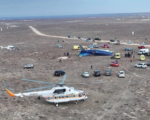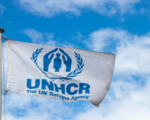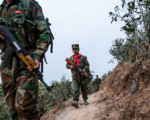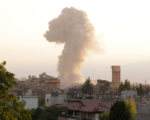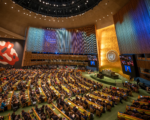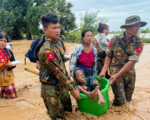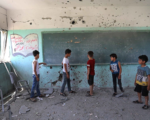WFP Under Investigation Amid Sudan Famine Crisis
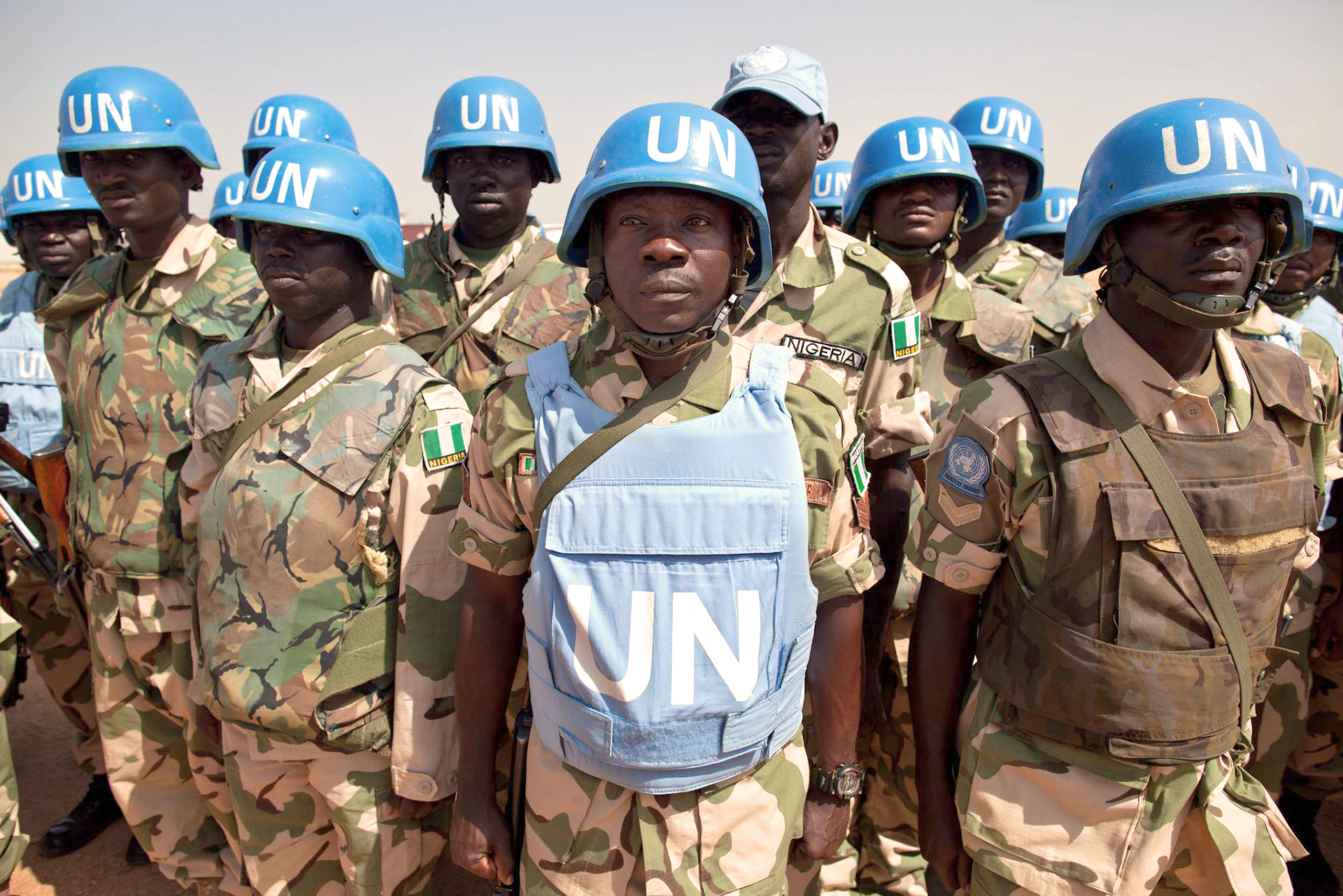
The U.N. World Food Program (WFP) has launched an internal investigation into two senior officials in Sudan, following allegations of fraud and the concealment of information from donors regarding the program’s ability to deliver aid. The investigation, conducted by the Office of the Inspector General (OIG), arises as Sudan faces one of the world’s most severe food crises, exacerbated by ongoing conflict between the Sudanese army and the paramilitary Rapid Support Forces (RSF).
The WFP probe focuses on whether the officials, including Deputy Country Director Khalid Osman, concealed the Sudanese army’s role in blocking humanitarian aid. Osman, who has been temporarily reassigned, is alleged to have withheld information from donors about logistical challenges imposed by the army, including a notable incident in June 2024, where 15 trucks carrying life-saving aid were delayed for seven weeks. Another senior official, Mohammed Ali, is also under investigation in connection with the disappearance of over 200,000 liters of fuel in Kosti, Sudan.
The investigation comes at a critical time for the WFP, which is responsible for feeding millions of people in Sudan, a country where over 25 million individuals—more than half of the population—are facing crisis levels of hunger. The Integrated Food Security Phase Classification (IPC) has confirmed famine conditions in at least one area of Sudan’s Darfur region, with many more regions at risk. The WFP has been challenged by severe operational hurdles, including logistical constraints, ongoing fighting, and alleged obstruction by both the Sudanese army and the RSF, who deny any interference in aid distribution.
USAID, the WFP’s largest donor, has been informed of the potential fraud and is conducting its own investigation in coordination with the U.N. agency. The situation has raised concerns among humanitarian organizations and diplomats, who fear that mismanagement within the WFP may have contributed to the failure to deliver adequate aid to the most affected areas, prolonging the crisis. Aid workers have reported that both factions in the Sudanese conflict have hindered their ability to reach vulnerable populations by withholding permits and looting supplies.
The WFP, which won the Nobel Peace Prize in 2020 for its efforts in combating global hunger, is currently seeking $22.7 billion to assist 157 million people worldwide. However, the organization’s operations have been increasingly plagued by issues of diversion and theft, as seen in countries like Somalia, Yemen, and Ethiopia, where aid was temporarily suspended due to widespread corruption. In Sudan, the scale of the crisis continues to grow, with hunger, severe malnutrition, and diseases such as cholera posing additional challenges to the population.
As the investigation continues, there are growing calls for transparency and accountability within the WFP and the broader U.N. system. Many fear that without significant changes to the way aid is managed and delivered in Sudan, the humanitarian crisis could deepen further. The probe’s outcome could also have far-reaching implications for the credibility of international aid organizations working in conflict zones, where the need for assistance is critical, but where operational challenges can sometimes obstruct life-saving efforts.






